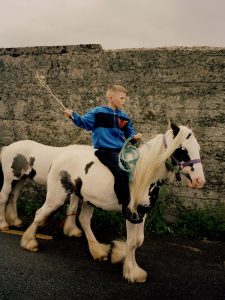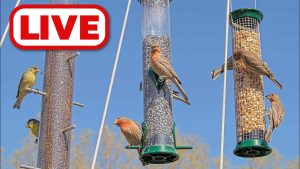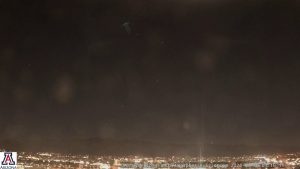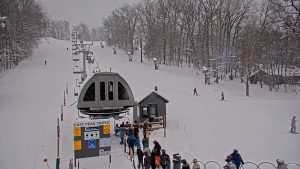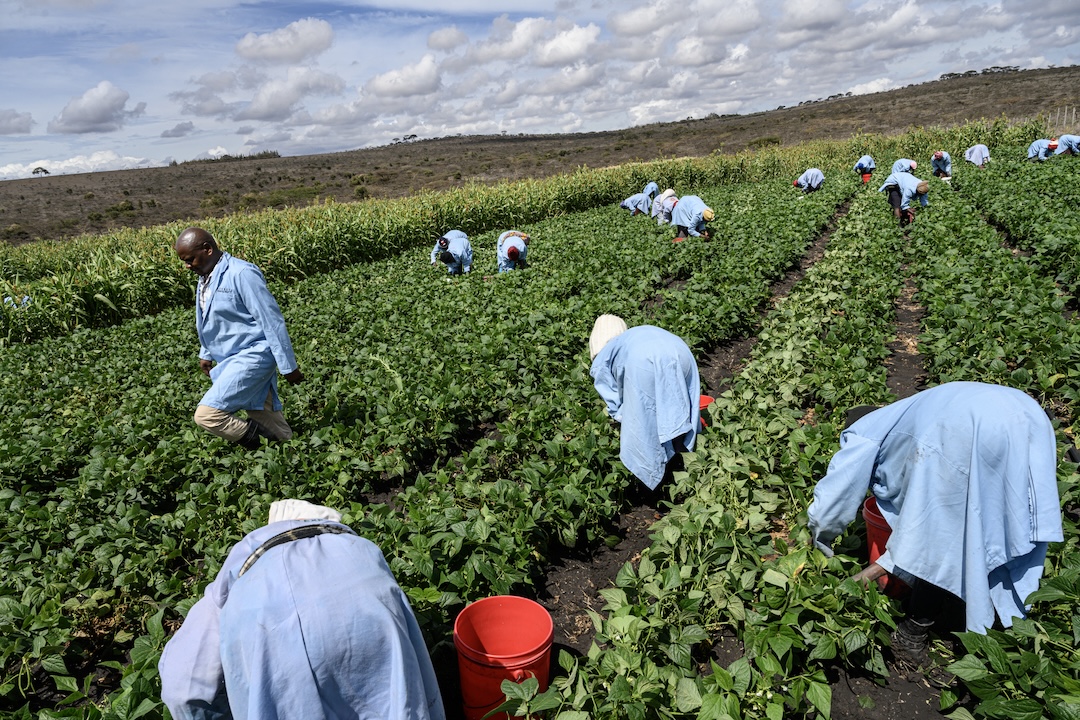
Curious about where our food actually comes from, Kadir van Lohuizen went on a journey of discovery that took him round the globe – at a pivotal moment in agricultural evolution
“I had the somewhat naive idea that we, as consumers, have the right to know how our food is produced,” Kadir van Lohuizen tells me from his houseboat in Amsterdam. As we speak, his exhibition Food for Thought is on show at the city’s National Maritime Museum, and has been extended until 05 January 2025. It is not a typical venue for photography exhibitions, but it is the perfect context for this work. The museum aims to illustrate how the maritime industry connects different parts of the world; through his extensive project, Van Lohuizen shows that food is a major commodity stream, often via maritime transport. And the spectacular photographs and collected data combine into a mind-boggling exhibition and book.
As with all of his work, Food for Thought initially started with Van Lohuizen’s own curiosity. Recently turning 60, he realised we are becoming increasingly disconnected from what we eat. “In the past, we were more aware,” he says. “I grew up with seasonal vegetables. My mother took me to the butcher, he would take half a cow out of the chiller and slice off a cut of meat. I was much more conscious of where the food on my plate came from.”
As is also often the case for Van Lohuizen, the series evolved from earlier work. “In Wasteland, a previous project on global waste management in six megacities in the world [Jakarta, Tokyo, Lagos, New York, São Paulo and Amsterdam], I observed that we throw away a lot of food,” he explains. “But seeing firsthand just how much is discarded is truly shocking. And my last major project, Where Will We Go?, was about the effects of rising sea levels. Visiting islands and coastal areas in Kiribati, Fiji, Papua New Guinea, Bangladesh, Panama, United Kingdom and United States, I witnessed more frequent floods, which cause land salinisation, which makes it increasingly difficult to grow crops. Nowadays, the same problem exists in the Netherlands, so the food security my generation grew up with is no longer certain.”
